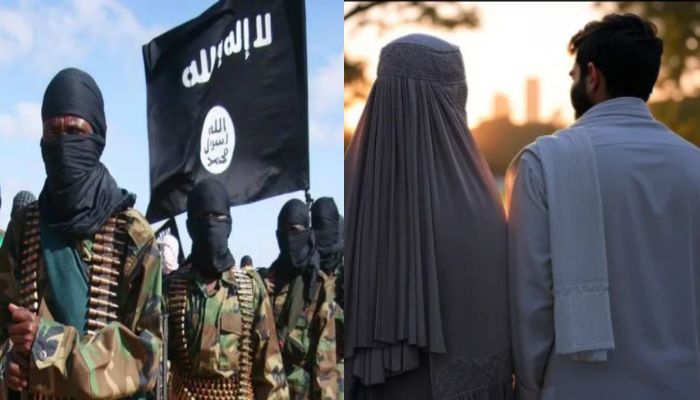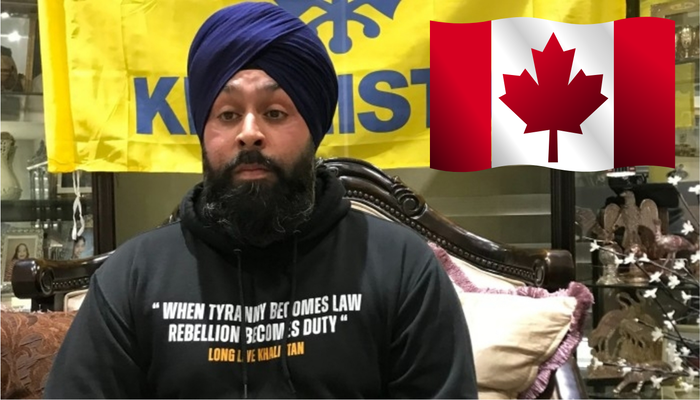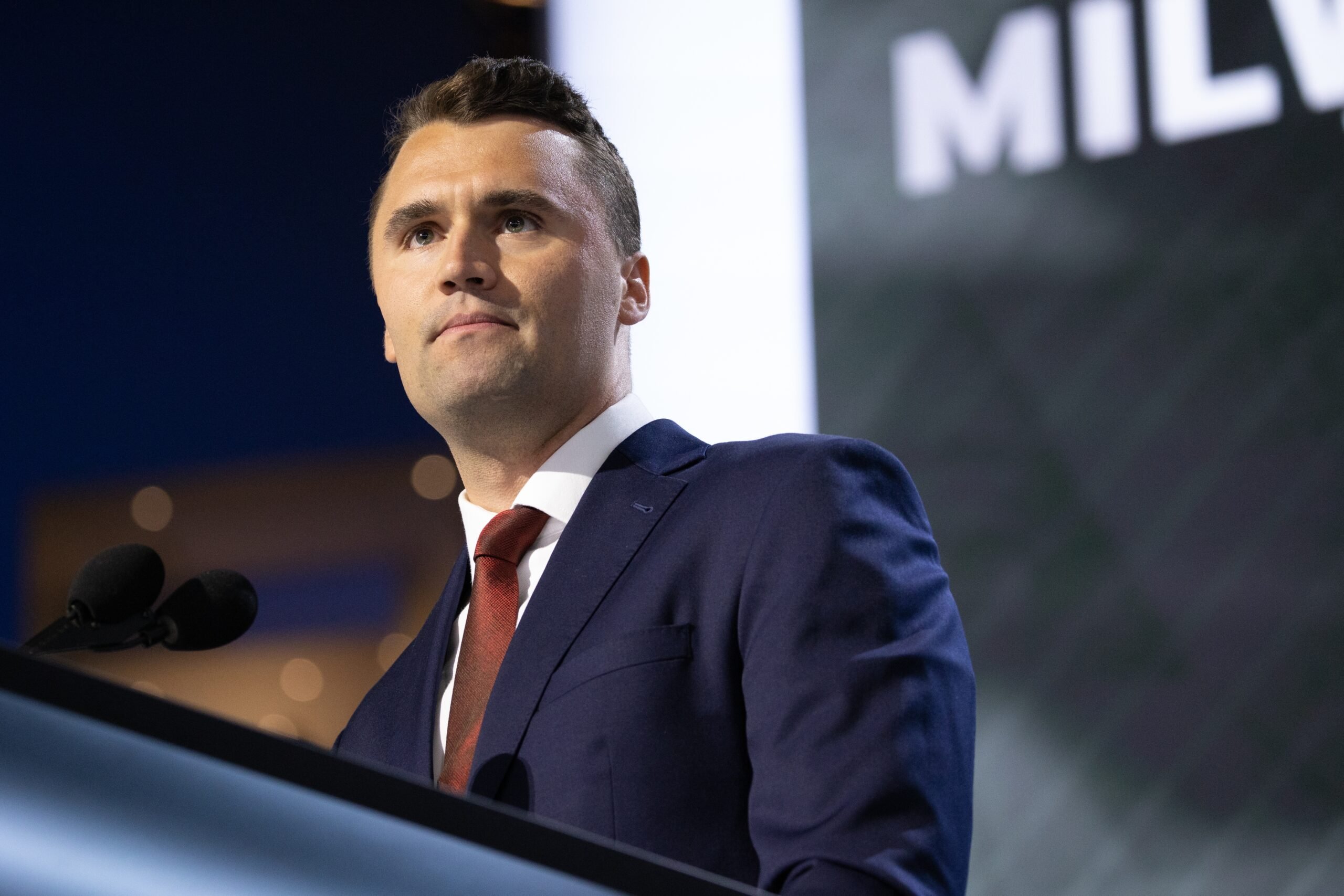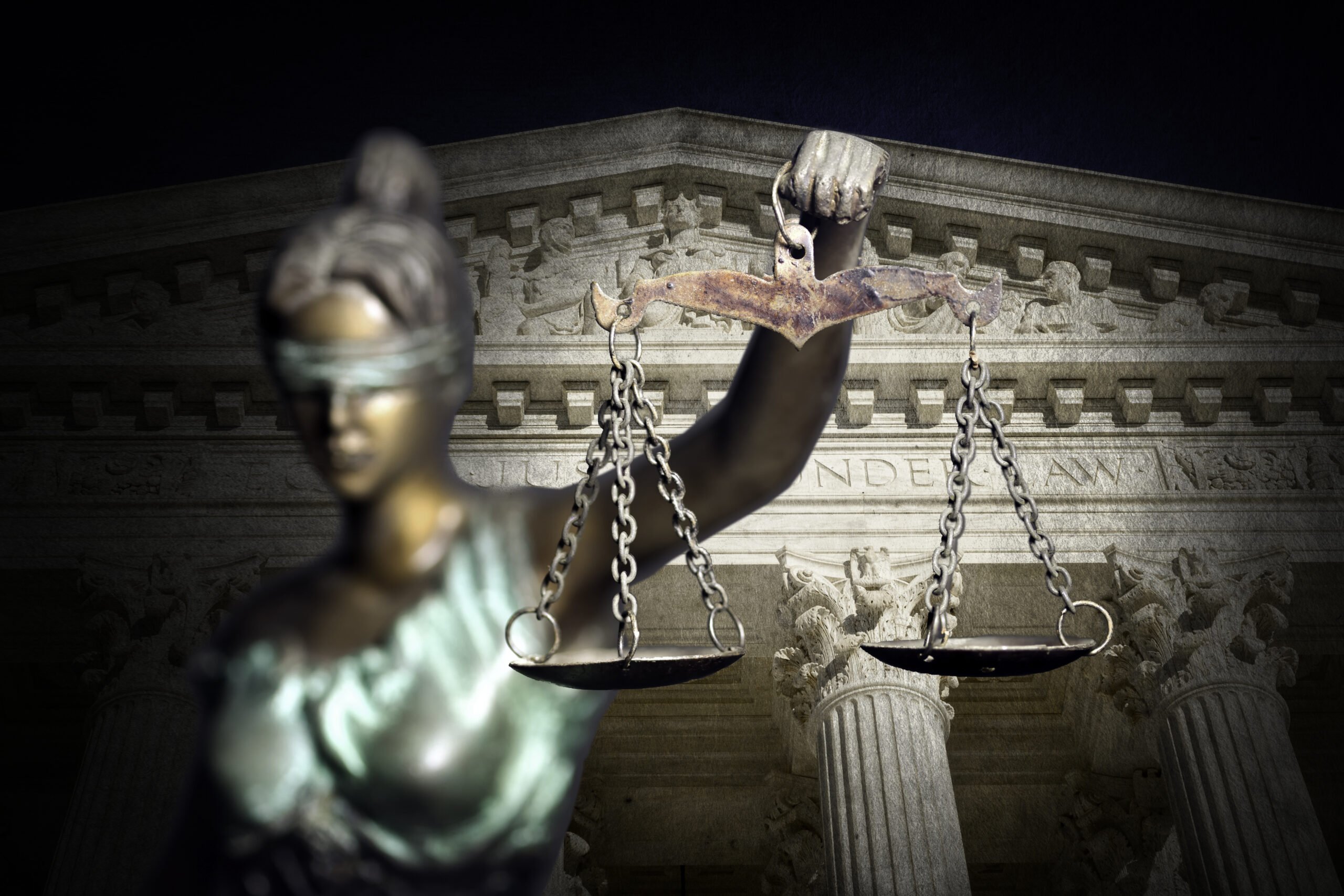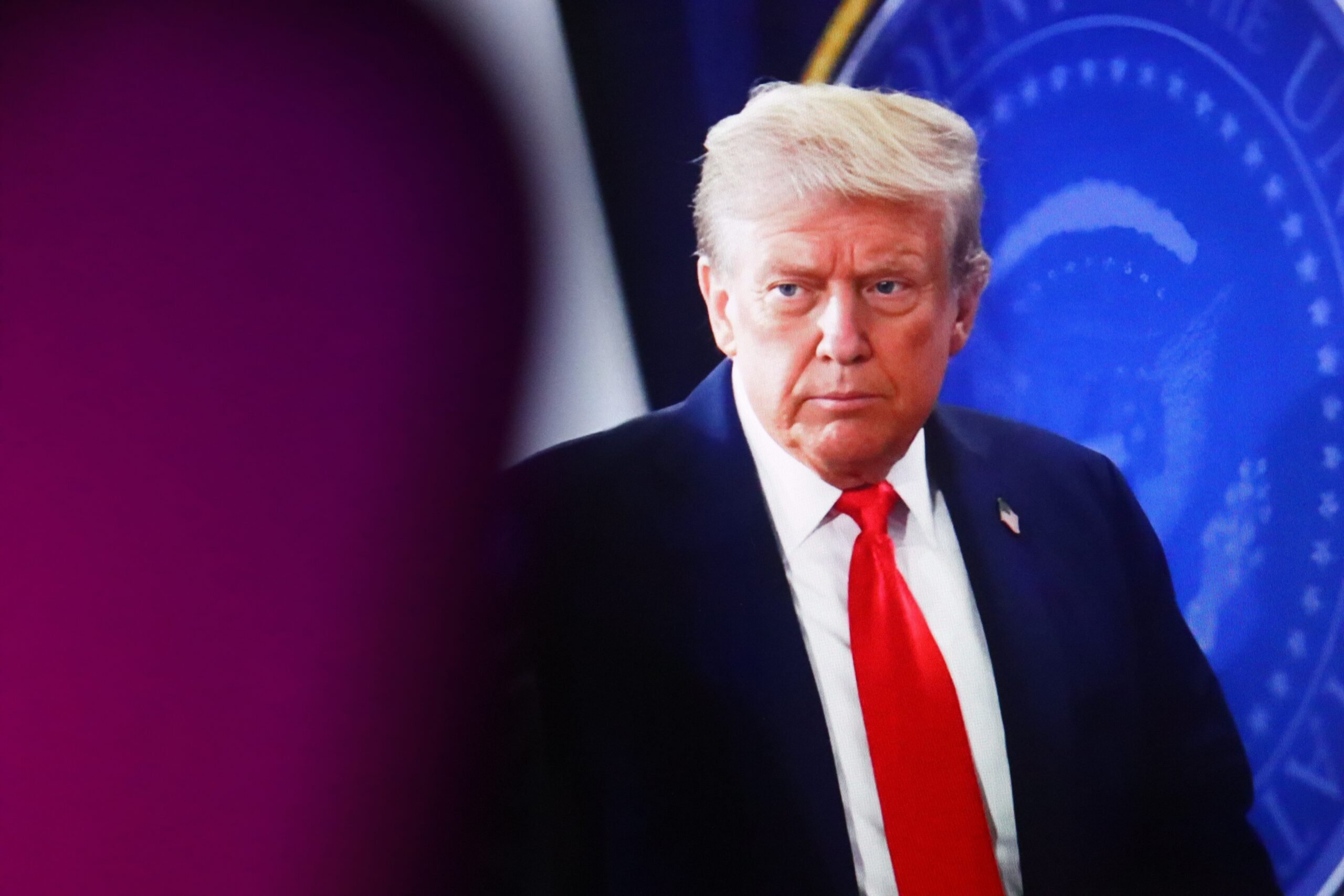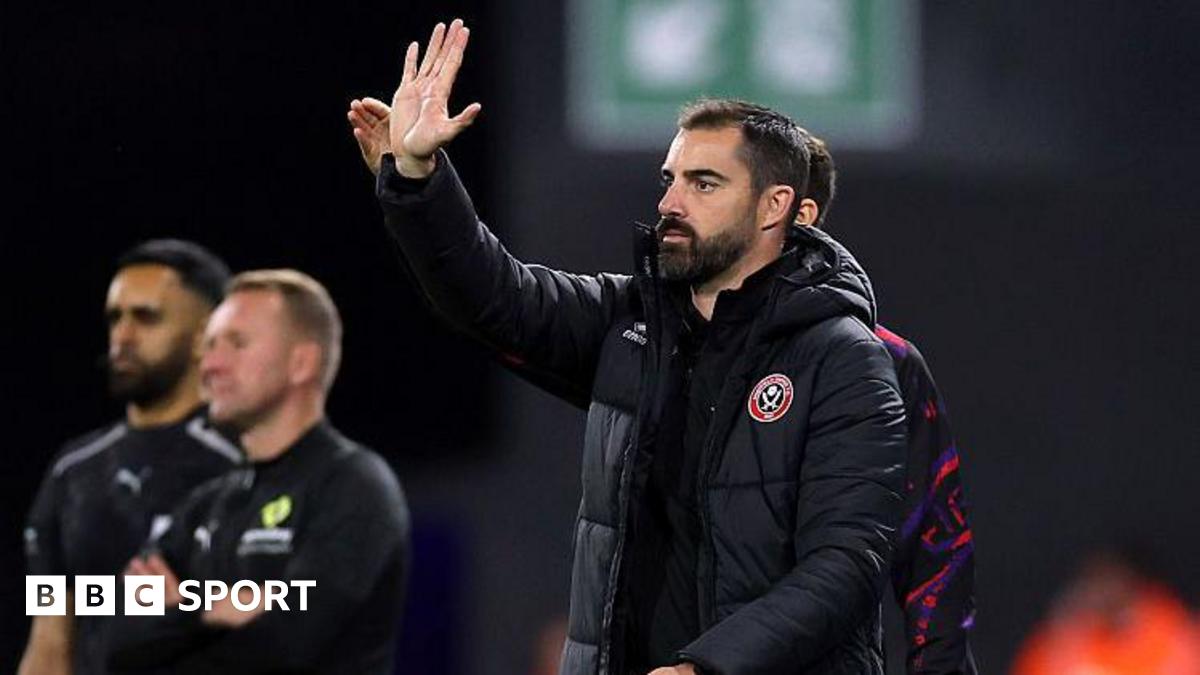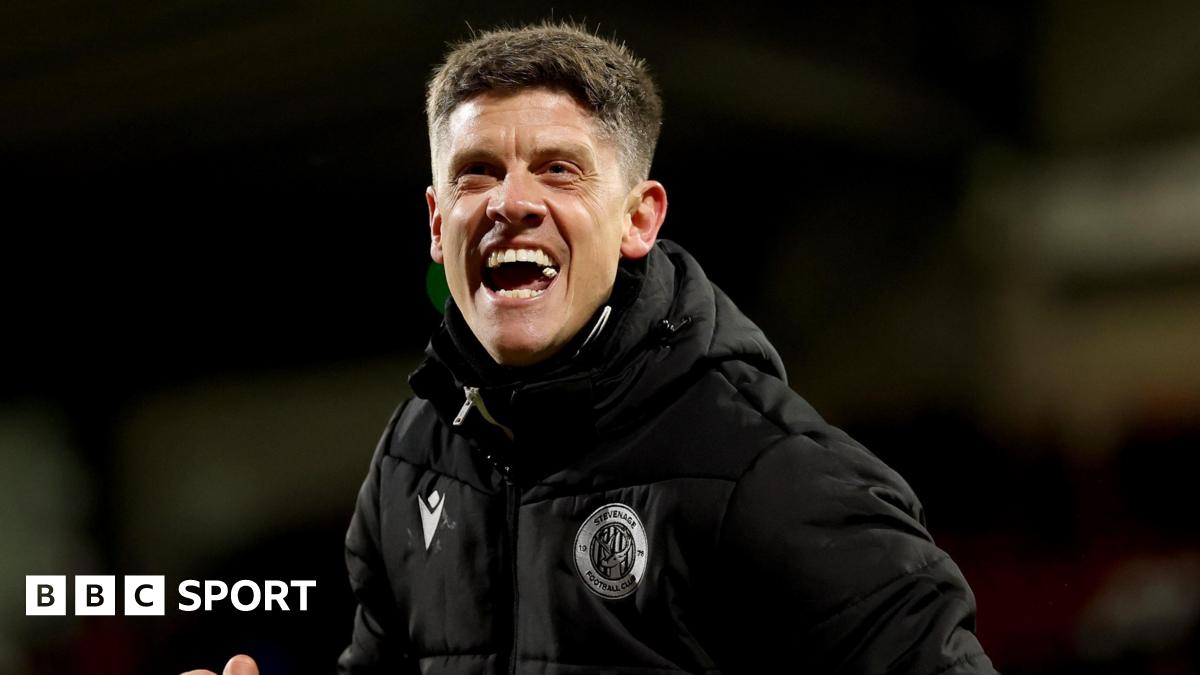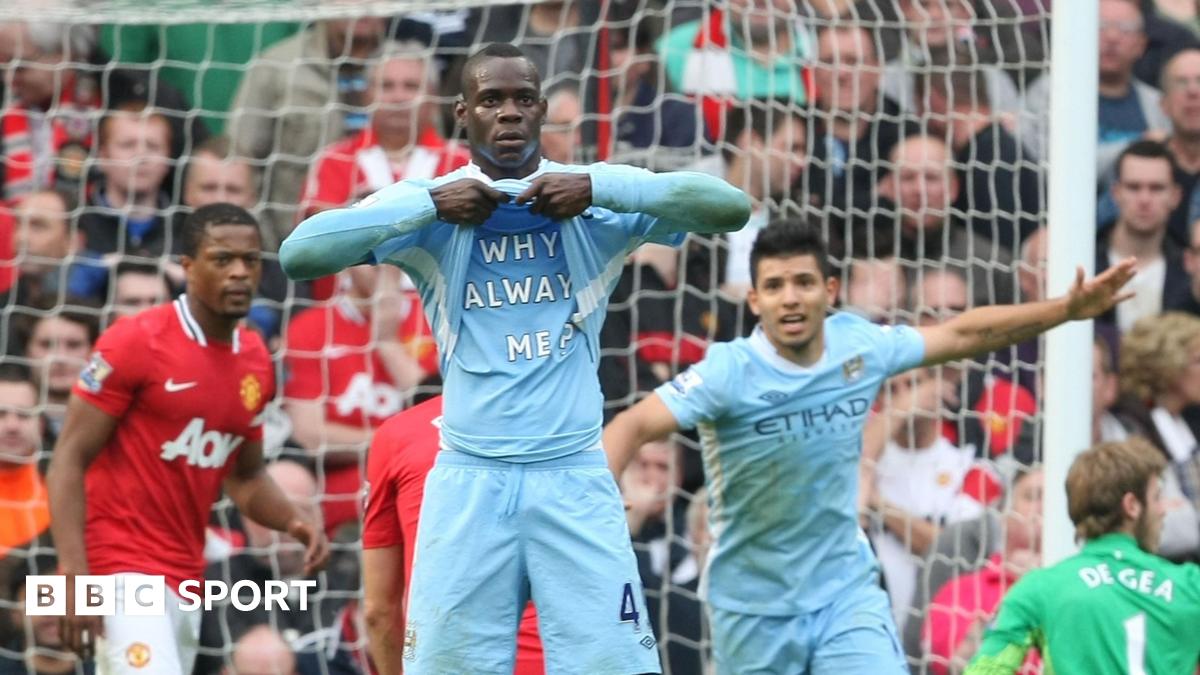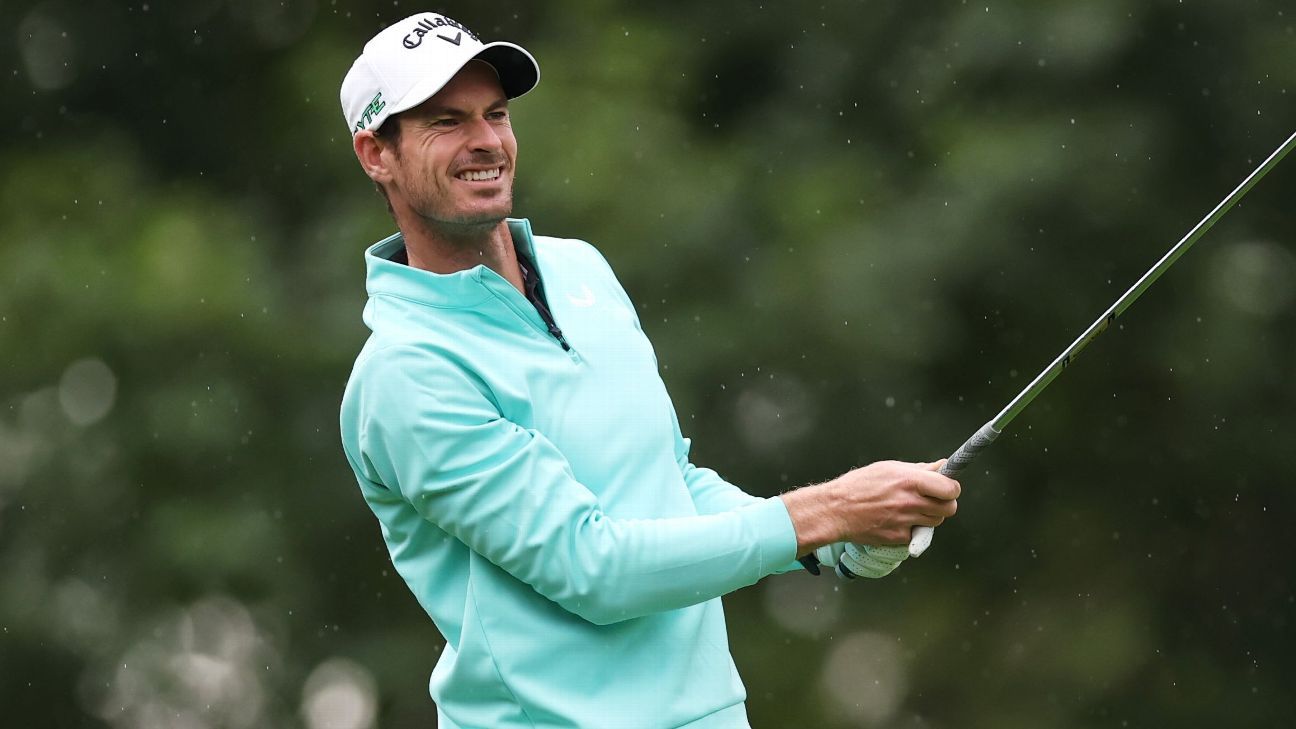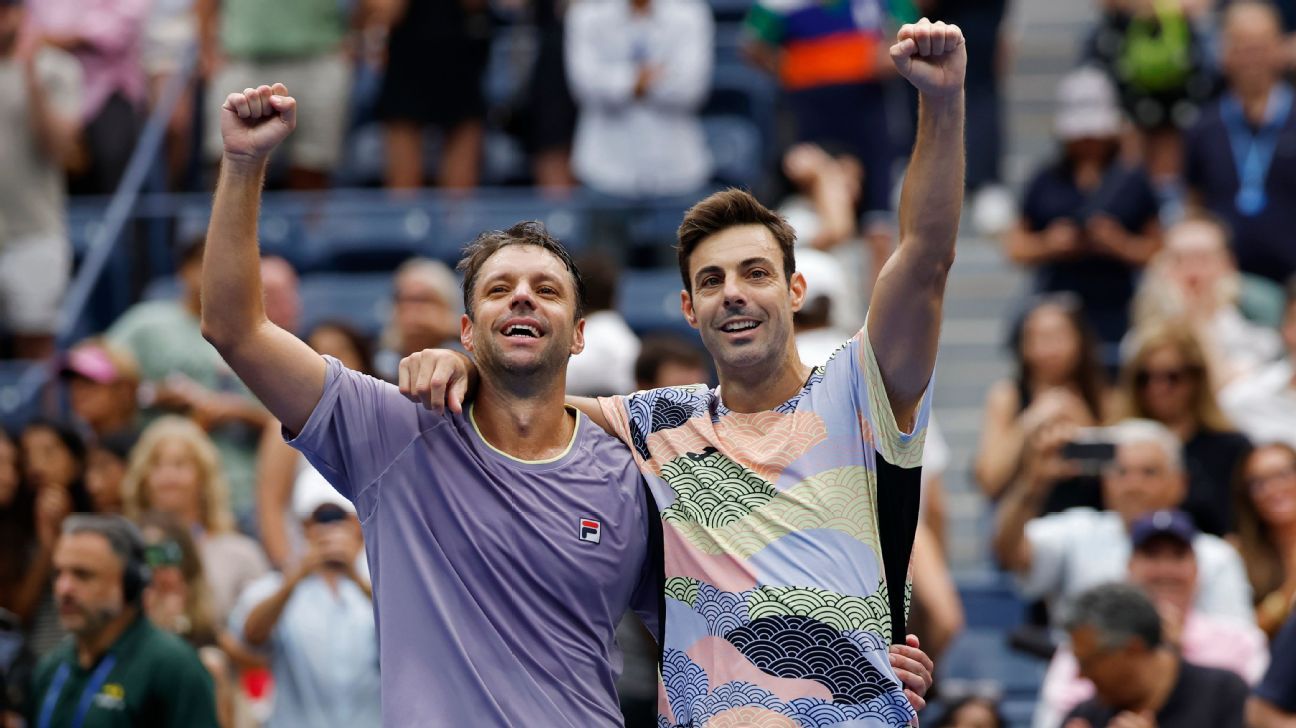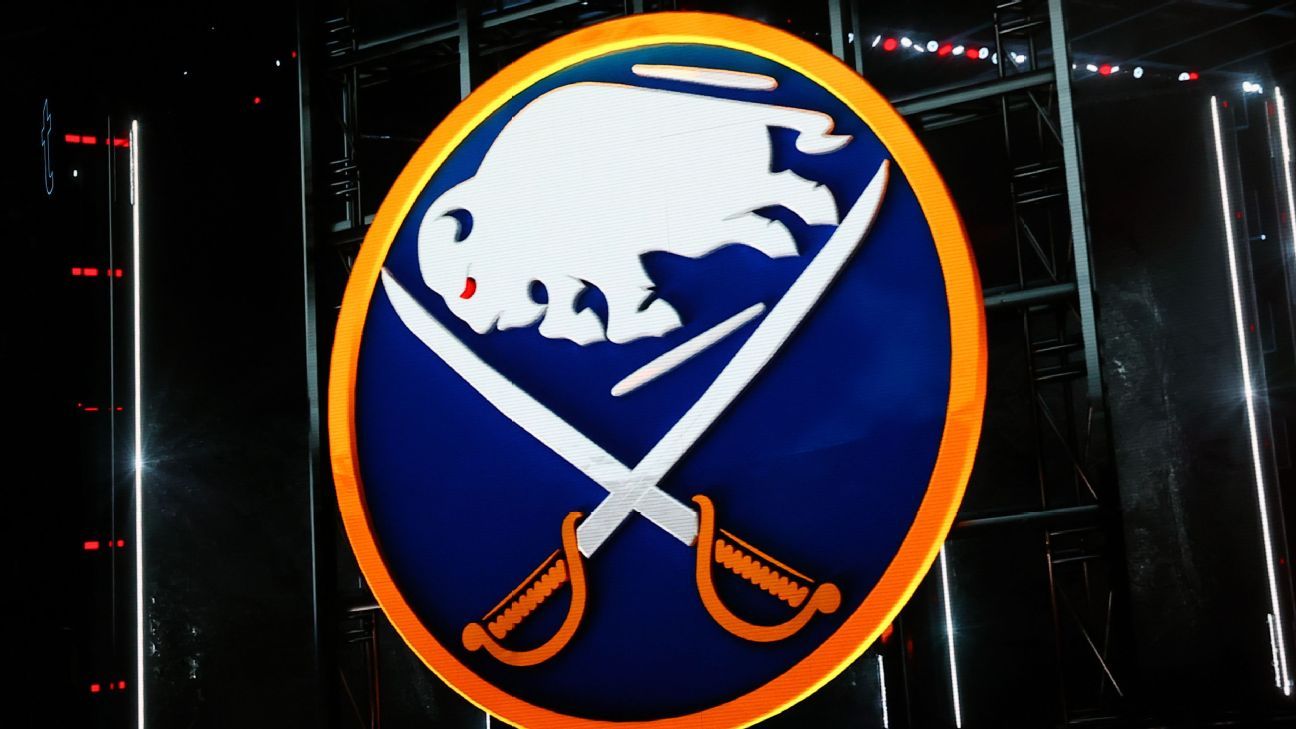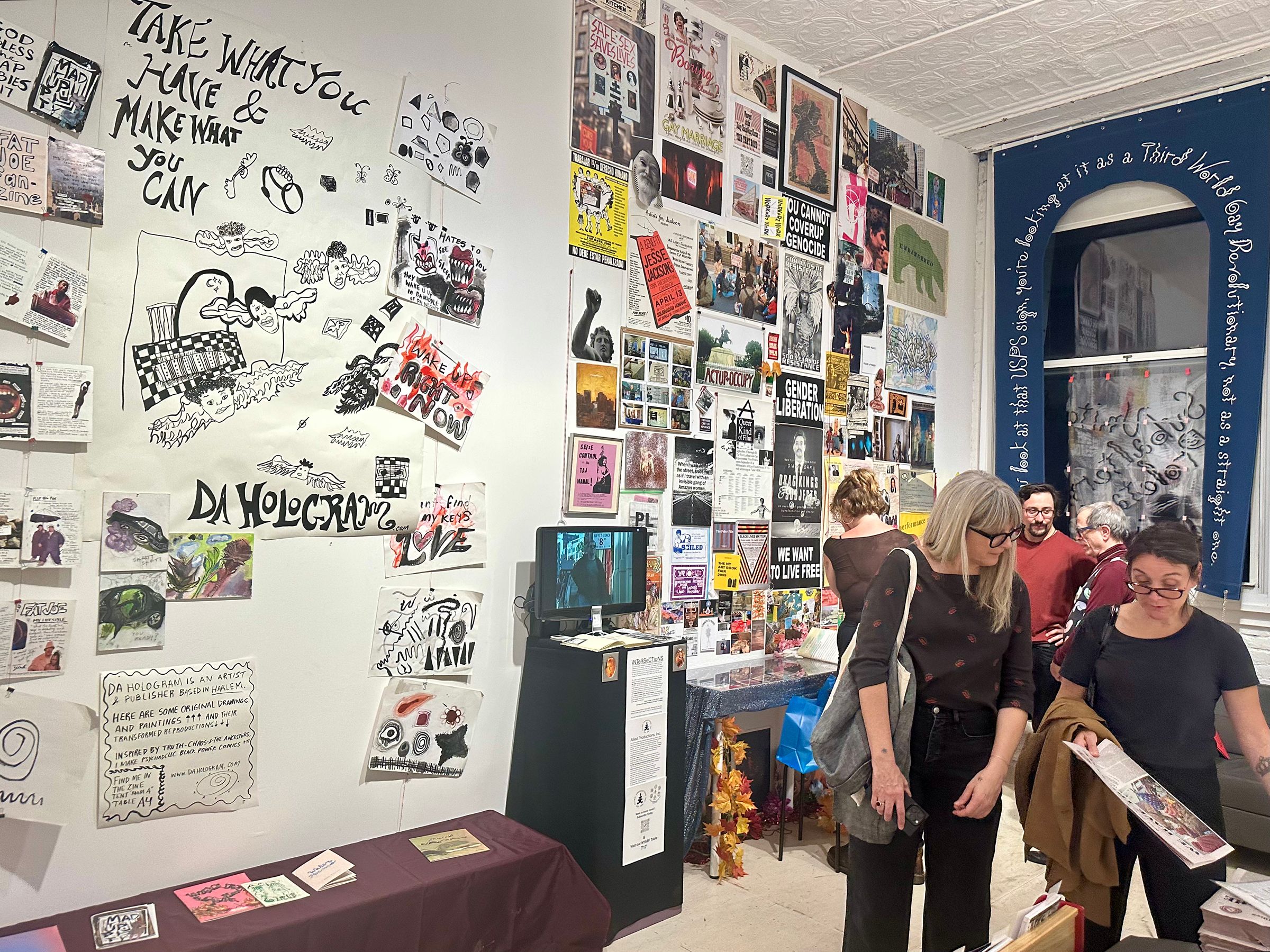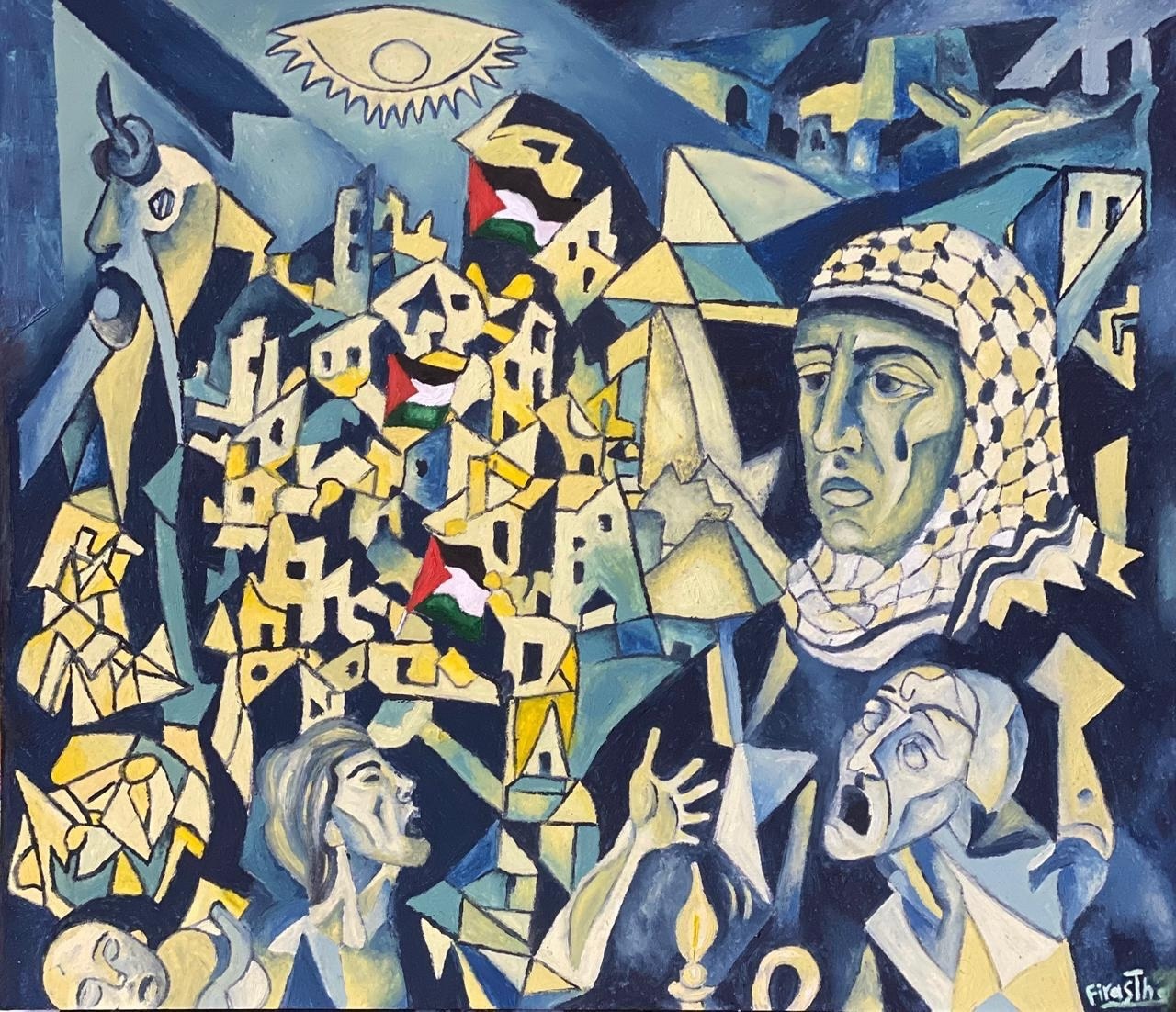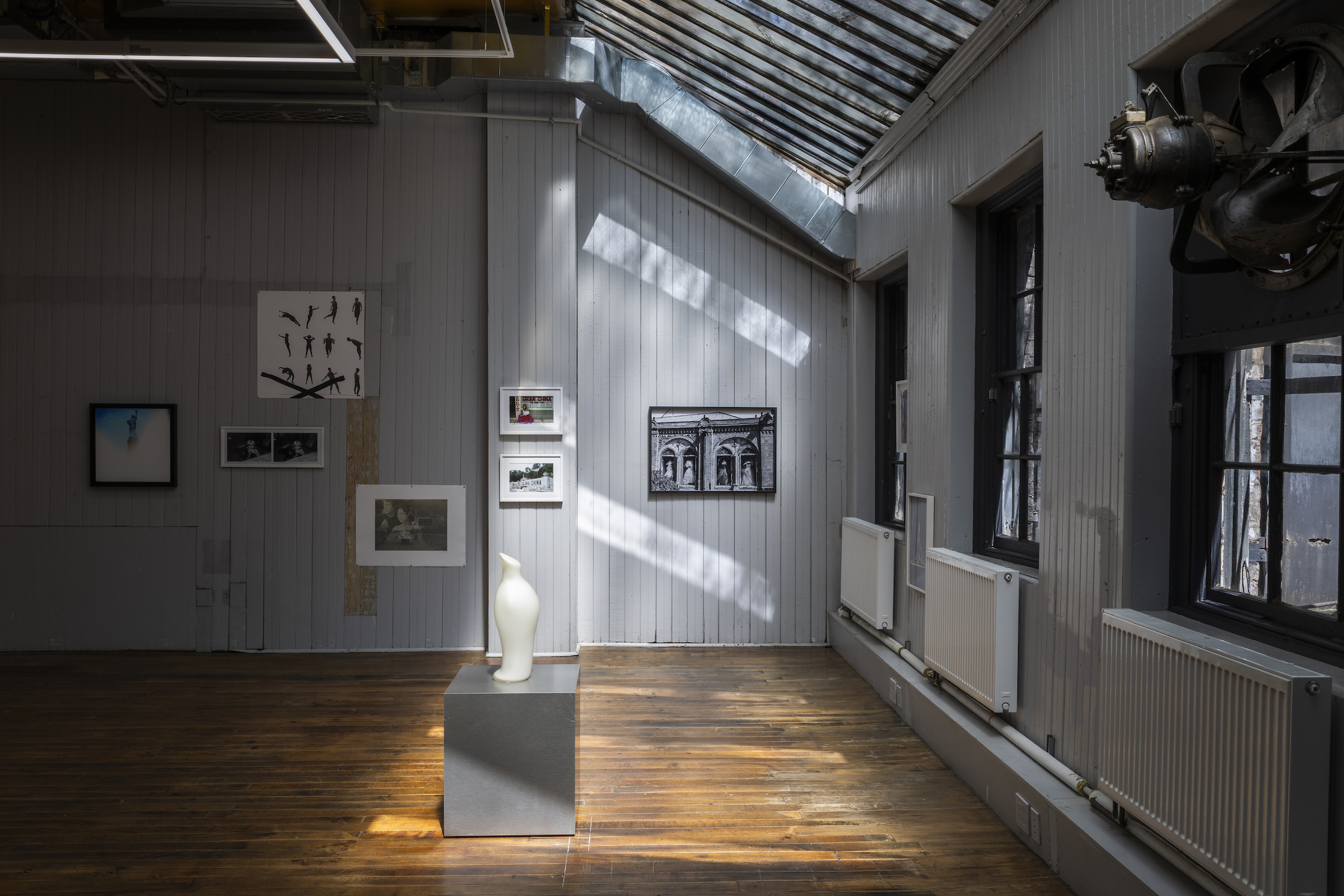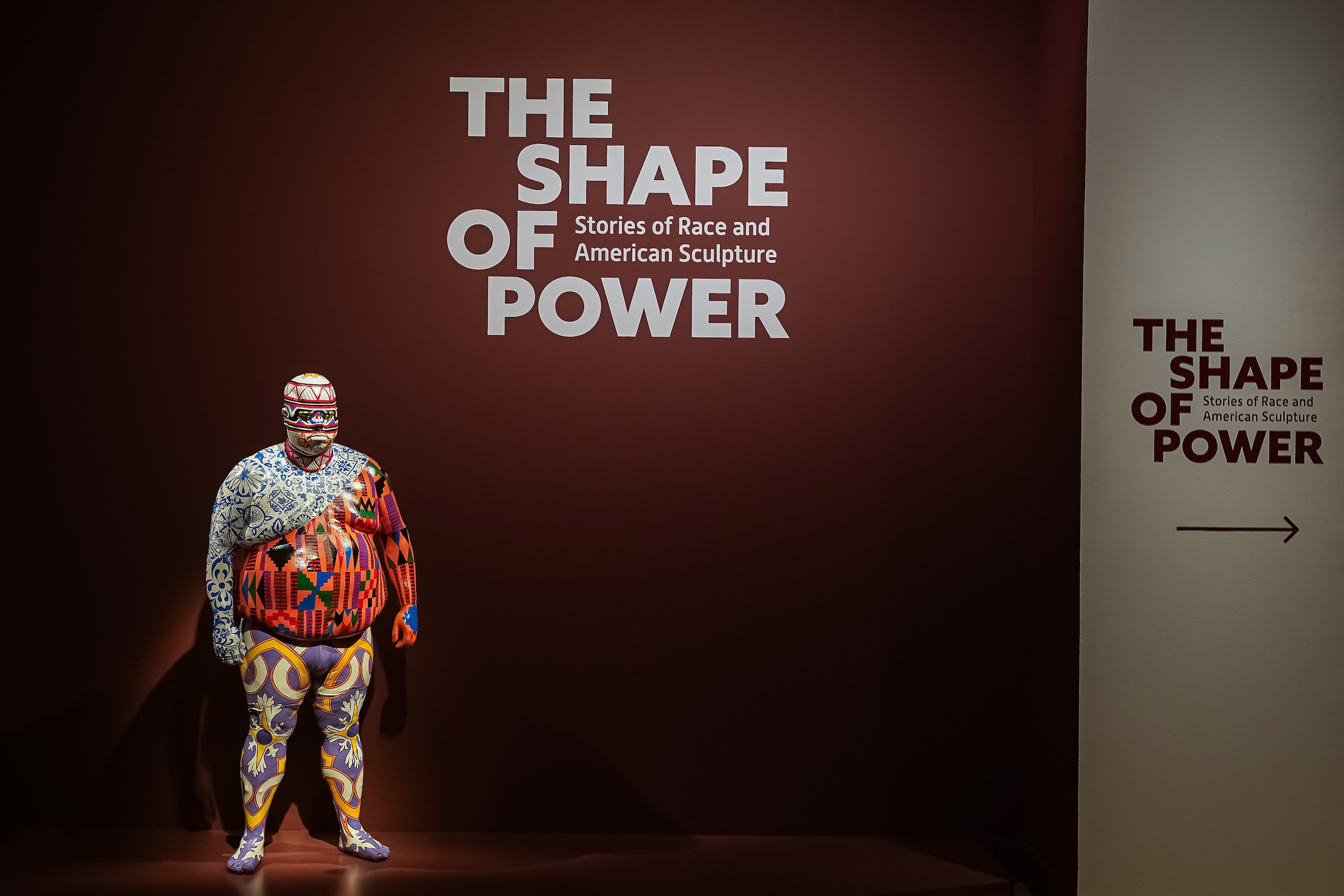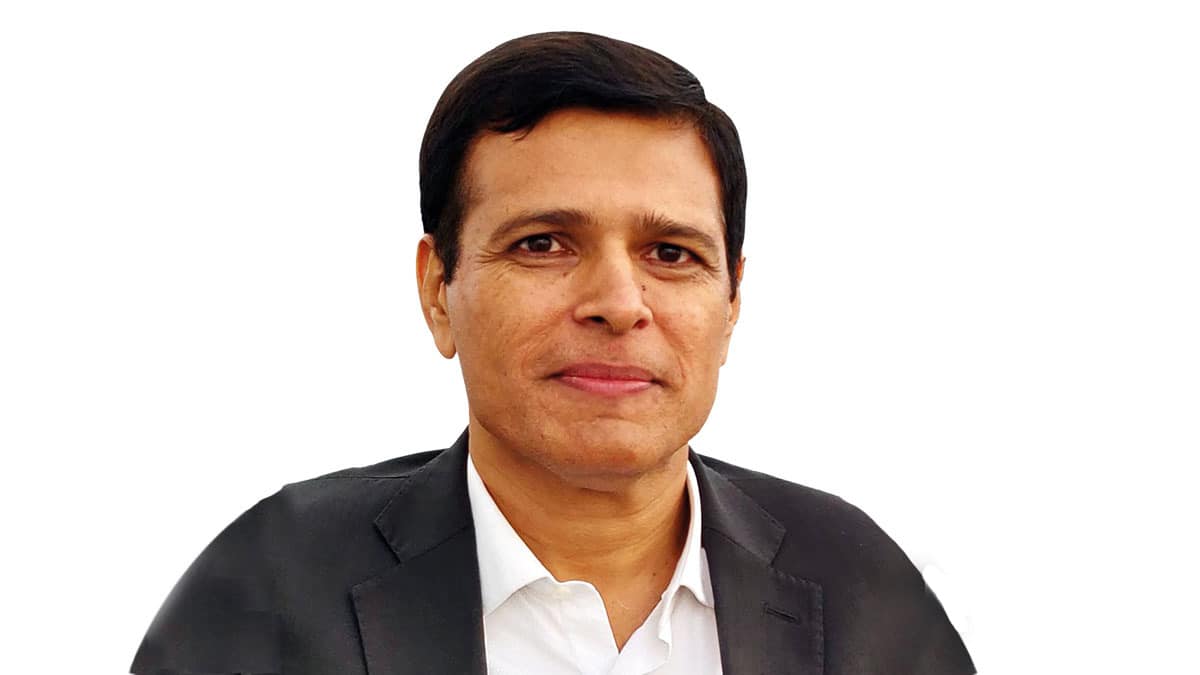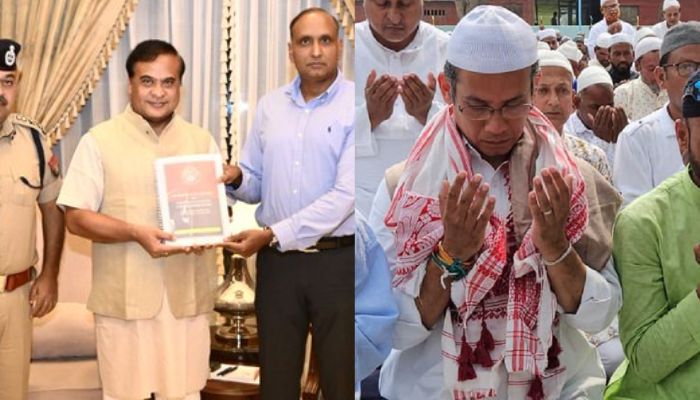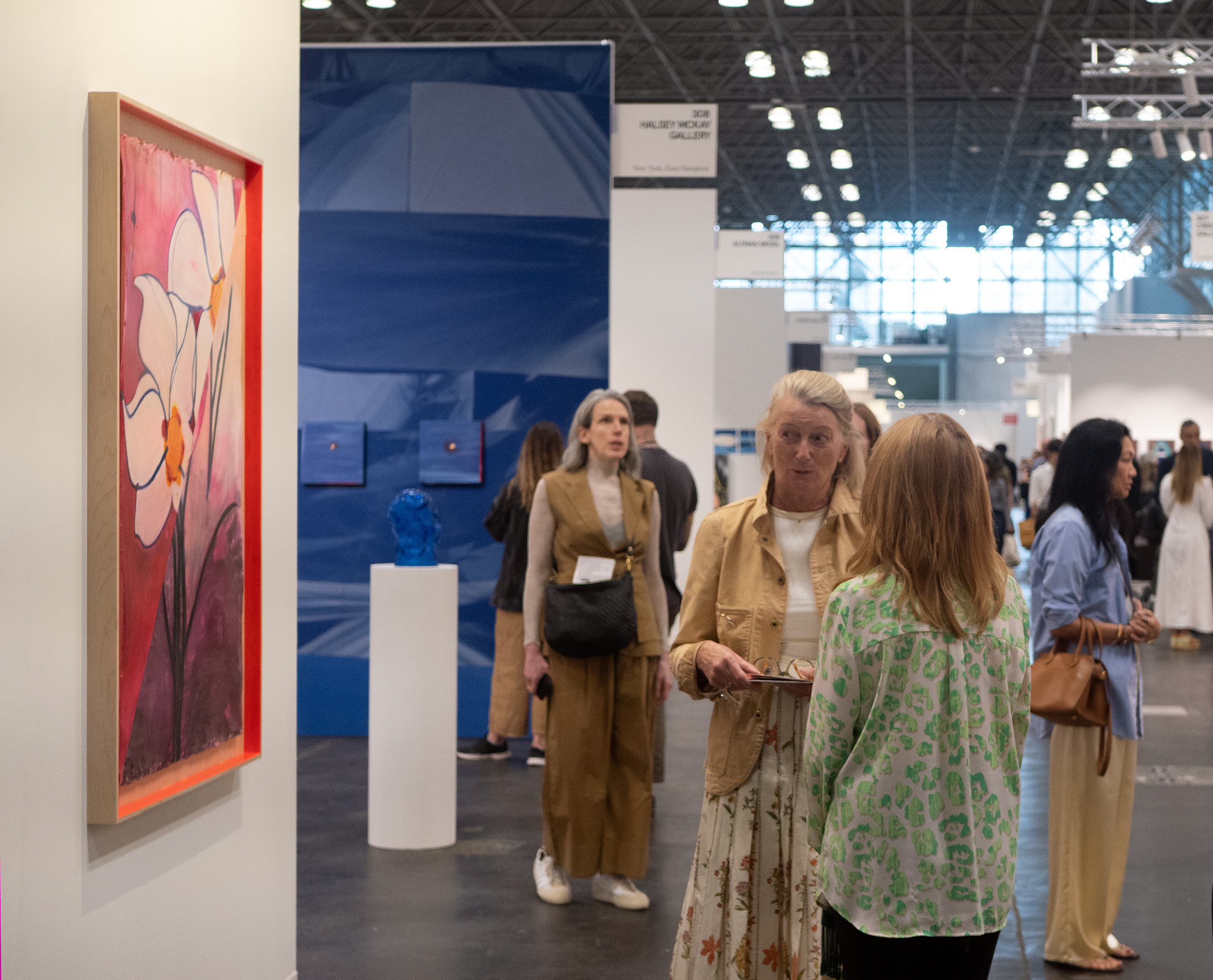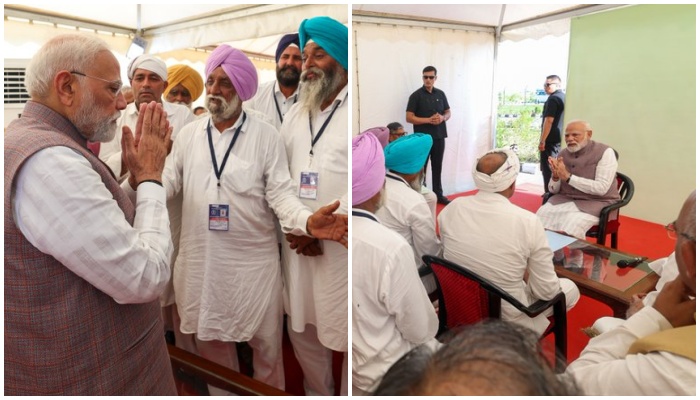From violence to hope: PM Modi pledges peace in Manipur, announces Rs 500 cr relief package and 7,000 homes for displaced
PM Modi on Saturday assured the people of Manipur that peace and development will go hand in hand, declaring that the violence-hit state was standing at the threshold of ŌĆ£a new dawn of hope and trust.ŌĆØ This was his first visit to the state since the outbreak of ethnic clashes in May 2023, when fighting between the Meitei and Kuki communities plunged the region into one of its worst crises in recent decades. Addressing a gathering in Churachandpur, one of the districts worst affected by the conflict, Modi said, ŌĆ£The land of Manipur is a land of aspiration. Unfortunately, violence had cast a shadow here. A short while ago, I met those staying in relief camps, and after meeting them, I can say with conviction that change is coming. Hope is returning.ŌĆØ The clashes, which left more than 250 dead and forced nearly 60,000 people to flee their homes, exposed the fragility of ethnic relations in the state. Internet services were suspended for months, while many displaced families remain unable to return because of ongoing tensions. Rights groups have long accused local leaders of exploiting these divisions for political ends, deepening mistrust between communities. Against this backdrop, the Prime Minister emphasised that the central government was committed to restoring normalcy. ŌĆ£For development to take root anywhere, peace is essential. In the past 11 years, many conflicts in the Northeast have been resolved through dialogue. People here too must embrace peace, for it is only through peace that dreams can be fulfilled,ŌĆØ he said, urging civil society groups and organisations to step forward. The speech carried a strong developmental pitch. Modi announced a slew of projects, including a new airport in Imphal, new highways, medical colleges, and most notably, the railway project connecting Jiribam with ImphalŌĆöa long-pending demand that promises to improve connectivity in the landlocked state. ŌĆ£There was a time when decisions made in Delhi took decades to reach here. Today, our Churachandpur, our Manipur, is progressing step by step with the rest of the nation. India is soon to become the worldŌĆÖs third-largest economy, and Manipur will be part of that journey,ŌĆØ he said. The Prime Minister also highlighted welfare gains. Nearly 60,000 pucca houses have been built in Manipur under central housing schemes, while piped water supplyŌĆöonce limited to barely 25,000 householdsŌĆönow reaches more than 3.5 lakh homes. Though largely symbolic, the visit was designed to send a message that reconciliation and development are inseparable. For Manipur, still scarred by last yearŌĆÖs violence, ModiŌĆÖs words were an attempt to restore both confidence and a sense of belonging within IndiaŌĆÖs larger growth story.
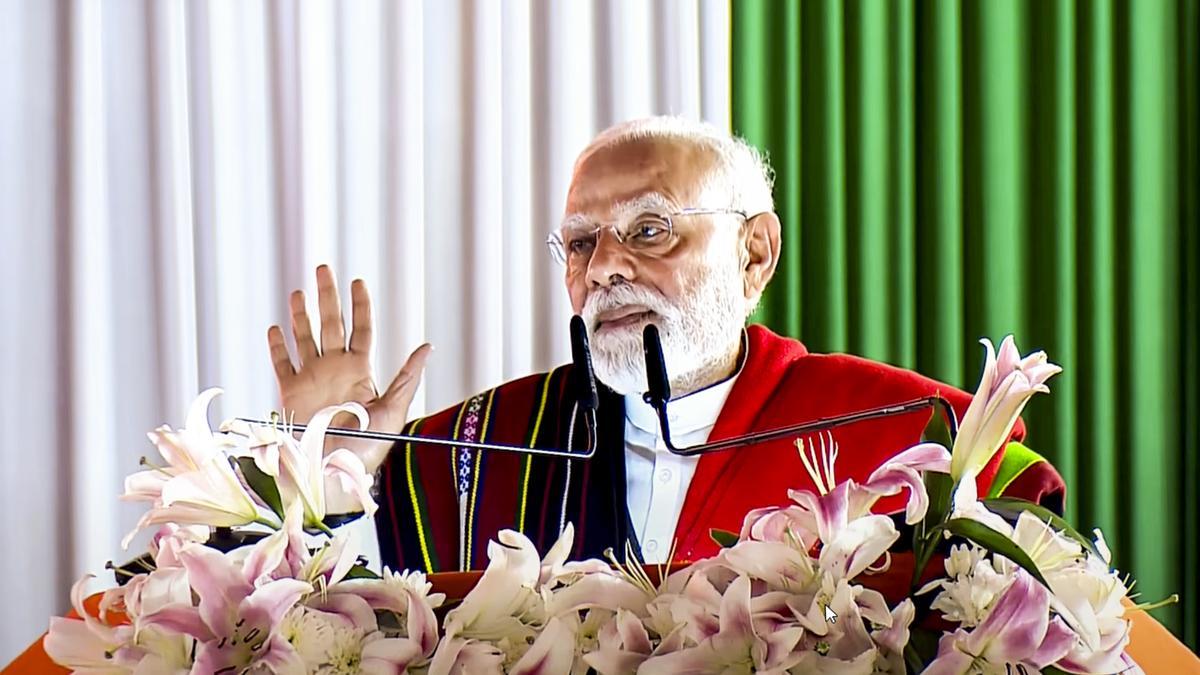


PM Modi on Saturday assured the people of Manipur that peace and development will go hand in hand, declaring that the violence-hit state was standing at the threshold of ŌĆ£a new dawn of hope and trust.ŌĆØ This was his first visit to the state since the outbreak of ethnic clashes in May 2023, when fighting between the Meitei and Kuki communities plunged the region into one of its worst crises in recent decades.
Addressing a gathering in Churachandpur, one of the districts worst affected by the conflict, Modi said, ŌĆ£The land of Manipur is a land of aspiration. Unfortunately, violence had cast a shadow here. A short while ago, I met those staying in relief camps, and after meeting them, I can say with conviction that change is coming. Hope is returning.ŌĆØ
The clashes, which left more than 250 dead and forced nearly 60,000 people to flee their homes, exposed the fragility of ethnic relations in the state. Internet services were suspended for months, while many displaced families remain unable to return because of ongoing tensions. Rights groups have long accused local leaders of exploiting these divisions for political ends, deepening mistrust between communities.
Against this backdrop, the Prime Minister emphasised that the central government was committed to restoring normalcy. ŌĆ£For development to take root anywhere, peace is essential. In the past 11 years, many conflicts in the Northeast have been resolved through dialogue. People here too must embrace peace, for it is only through peace that dreams can be fulfilled,ŌĆØ he said, urging civil society groups and organisations to step forward.
The speech carried a strong developmental pitch. Modi announced a slew of projects, including a new airport in Imphal, new highways, medical colleges, and most notably, the railway project connecting Jiribam with ImphalŌĆöa long-pending demand that promises to improve connectivity in the landlocked state.
ŌĆ£There was a time when decisions made in Delhi took decades to reach here. Today, our Churachandpur, our Manipur, is progressing step by step with the rest of the nation. India is soon to become the worldŌĆÖs third-largest economy, and Manipur will be part of that journey,ŌĆØ he said.
The Prime Minister also highlighted welfare gains. Nearly 60,000 pucca houses have been built in Manipur under central housing schemes, while piped water supplyŌĆöonce limited to barely 25,000 householdsŌĆönow reaches more than 3.5 lakh homes.
Though largely symbolic, the visit was designed to send a message that reconciliation and development are inseparable. For Manipur, still scarred by last yearŌĆÖs violence, ModiŌĆÖs words were an attempt to restore both confidence and a sense of belonging within IndiaŌĆÖs larger growth story.


